New Zealand's Fashion Week is more than just a glamorous showcase of local talent; it's a surprising powerhouse in shaping global fashion trends. While New Zealand may be geographically isolated, its impact on fashion is anything but. This annual event, held in Auckland, draws attention from international designers, buyers, and media, influencing trends far beyond its borders. But how exactly does New Zealand's Fashion Week wield such influence, and what does it mean for the country's economy and industries? Let's delve into the intricacies of this fascinating event.
The Birth of a Fashion Powerhouse
New Zealand's Fashion Week, established in 2001, has steadily grown in prominence. Initially, it was a platform for local designers to showcase their creations. Today, it attracts global attention, as evidenced by the participation of international brands and media coverage from fashion capitals like Paris and Milan. The event has become a melting pot of cultures and styles, blending traditional Maori designs with contemporary fashion.
This unique blend is what sets New Zealand apart. The country's designers often draw inspiration from its rich cultural heritage, creating pieces that are both innovative and deeply rooted in tradition. This fusion resonates with a global audience looking for authenticity and originality.
New Zealand Fashion Week's Economic Impact
Beyond its cultural significance, New Zealand's Fashion Week plays a crucial role in the country's economy. According to Stats NZ, the fashion and textile industry contributes approximately NZD 3.5 billion annually to the national economy. The event itself generates significant revenue through tourism, retail, and media activities.
Local businesses also benefit from the increased exposure. For instance, during Fashion Week, Auckland's hospitality sector sees a notable spike in activity. Hotels, restaurants, and transportation services thrive as visitors flock to the city. This influx of tourists and fashion enthusiasts injects millions into the local economy, supporting jobs and fostering growth.
Case Study: Karen Walker's Global Influence
Problem: Karen Walker, a renowned New Zealand designer, faced the challenge of breaking into the international market while maintaining her brand's unique identity.
Action: By participating in New Zealand Fashion Week, Walker gained exposure to international buyers and media. Her designs, characterized by bold prints and eclectic styles, caught the attention of global fashion influencers.
Result: Walker's brand experienced a 40% increase in international sales within a year of her Fashion Week debut. Her collections are now stocked in prestigious stores worldwide, including Barneys in New York and Selfridges in London.
Takeaway: New Zealand Fashion Week serves as a launchpad for designers looking to expand globally. The event provides a platform to showcase unique, culturally rich designs that captivate international audiences.
Pros and Cons of New Zealand Fashion Week
Pros:
- Global Exposure: Designers gain international recognition, leading to increased sales and brand growth.
- Cultural Promotion: The event highlights New Zealand's cultural heritage, promoting Maori designs and craftsmanship.
- Economic Boost: The influx of tourists and media generates significant revenue for local businesses.
- Networking Opportunities: Designers connect with international buyers, media, and industry experts.
Cons:
- High Costs: Participating in Fashion Week can be expensive for emerging designers, with costs for showcasing collections and marketing.
- Limited Accessibility: The event's location in Auckland may limit participation from designers based in other regions.
- fast fashion Impact: There's a risk of promoting fast fashion trends, which can overshadow sustainable practices.
Debunking Myths About New Zealand Fashion Week
Myth: New Zealand Fashion Week is only for high-end designers.
Reality: The event showcases a diverse range of designers, from emerging talent to established brands, providing opportunities for all.
Myth: The event has little impact on global fashion.
Reality: New Zealand Fashion Week influences global trends by showcasing innovative designs that blend tradition with modernity.
Myth: Participation in Fashion Week guarantees instant success.
Reality: While the event offers exposure, designers must still work strategically to capitalize on opportunities and build lasting relationships.
The Future of New Zealand Fashion Week
As the world becomes increasingly interconnected, New Zealand Fashion Week's influence is poised to grow. By 2025, the event is expected to draw even more international attention, with designers leveraging digital platforms to reach global audiences. According to a report by the Ministry of Business, Innovation, and Employment (MBIE), the fashion industry is projected to grow by 5% annually, driven by increased exports and international collaborations.
Looking ahead, sustainability will be a key trend. New Zealand designers are already leading the charge in eco-friendly fashion, using sustainable materials and ethical production methods. This aligns with global consumer preferences, as more people seek out brands that prioritize environmental responsibility.
Conclusion
New Zealand's Fashion Week is a dynamic force in the global fashion landscape. It not only showcases the country's rich cultural heritage but also propels local designers onto the international stage. The event's economic impact is significant, boosting tourism and supporting local businesses. As sustainability becomes increasingly important, New Zealand's designers are well-positioned to lead the way in ethical fashion.
Are you ready to explore the next fashion frontier? Share your thoughts and join the conversation about New Zealand's Fashion Week and its global influence!
People Also Ask
- How does New Zealand's Fashion Week impact local businesses? The event boosts local businesses by attracting tourists and media, generating significant revenue for the hospitality and retail sectors.
- What makes New Zealand fashion unique? New Zealand fashion is unique due to its blend of cultural heritage and contemporary design, often incorporating Maori motifs and sustainable practices.
- How can emerging designers benefit from New Zealand Fashion Week? Emerging designers gain exposure and networking opportunities, allowing them to connect with international buyers and media.
Related Search Queries
- New Zealand Fashion Week 2024
- Impact of Fashion Week on local economies
- Sustainable fashion trends in New Zealand
- Maori influence in global fashion
- How to participate in New Zealand Fashion Week

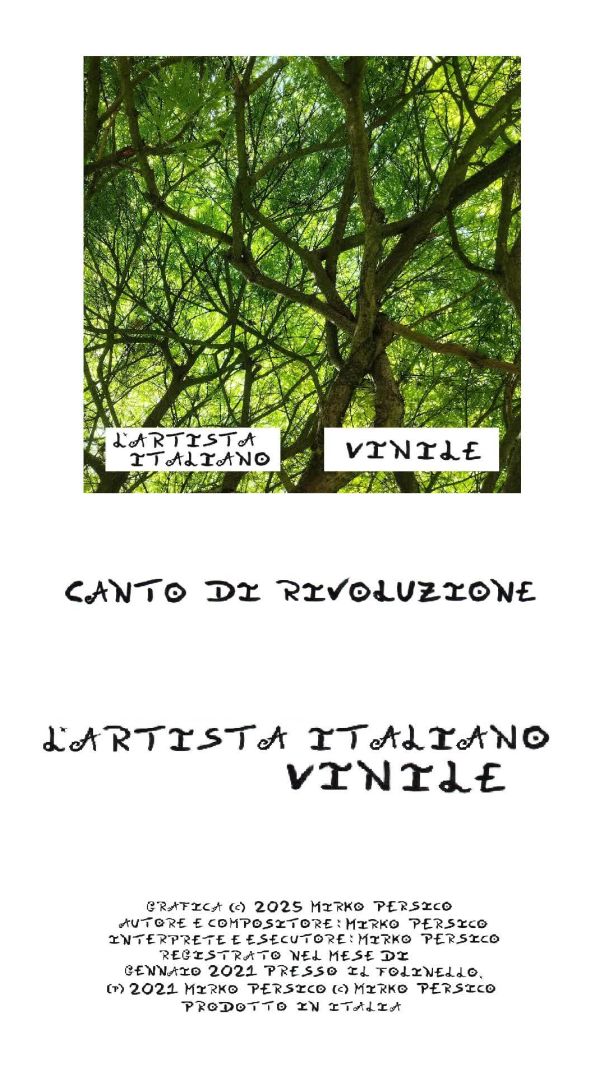





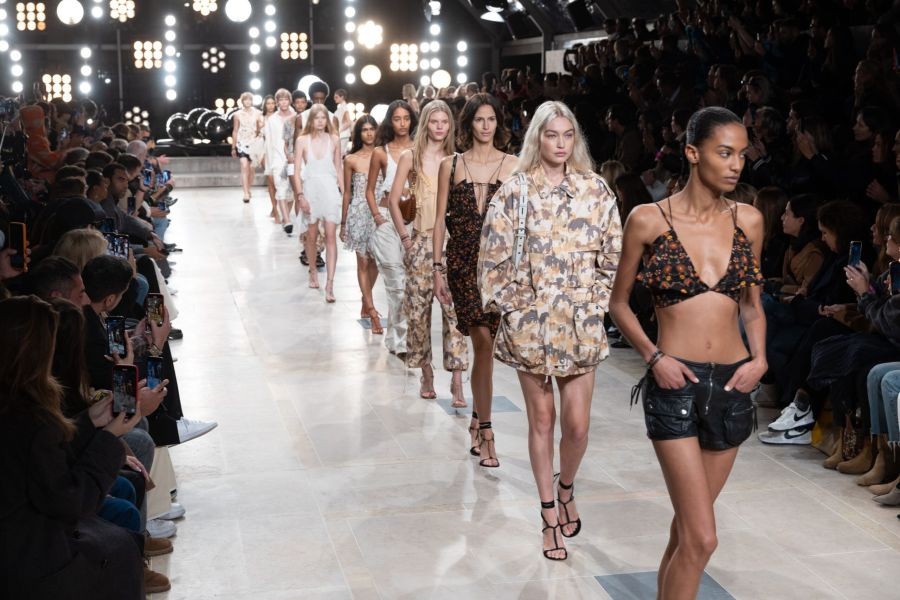


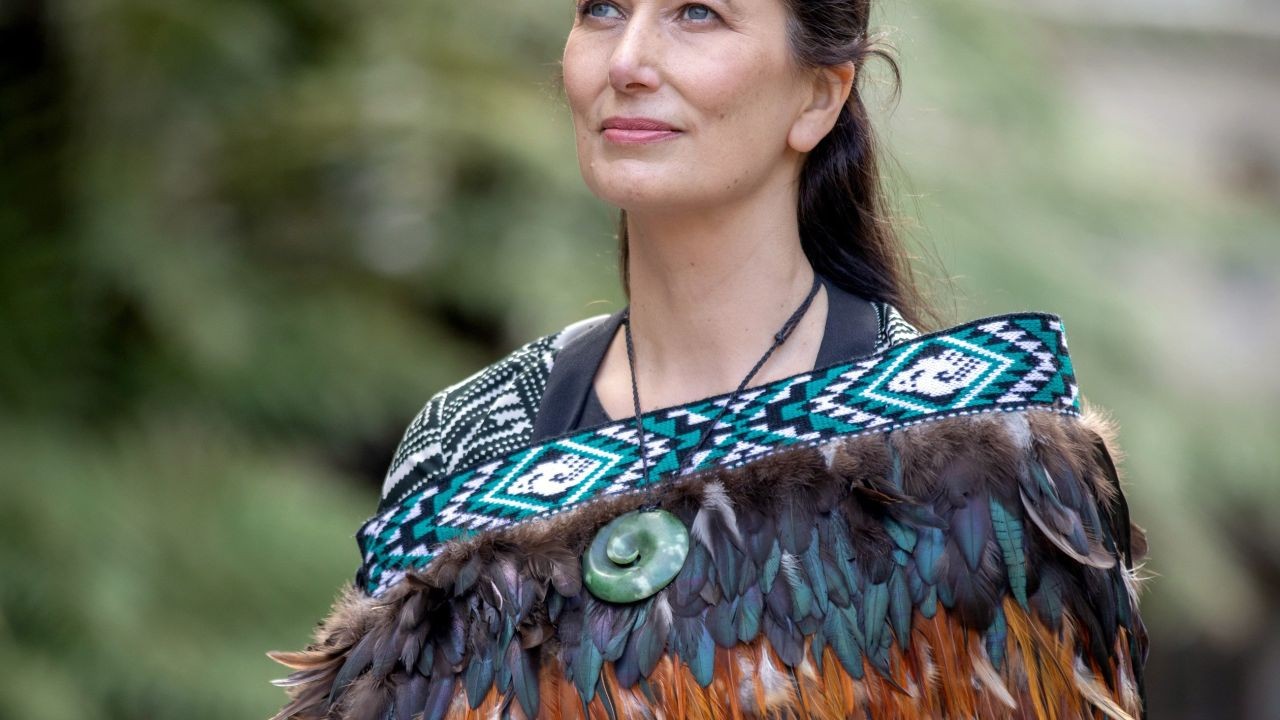

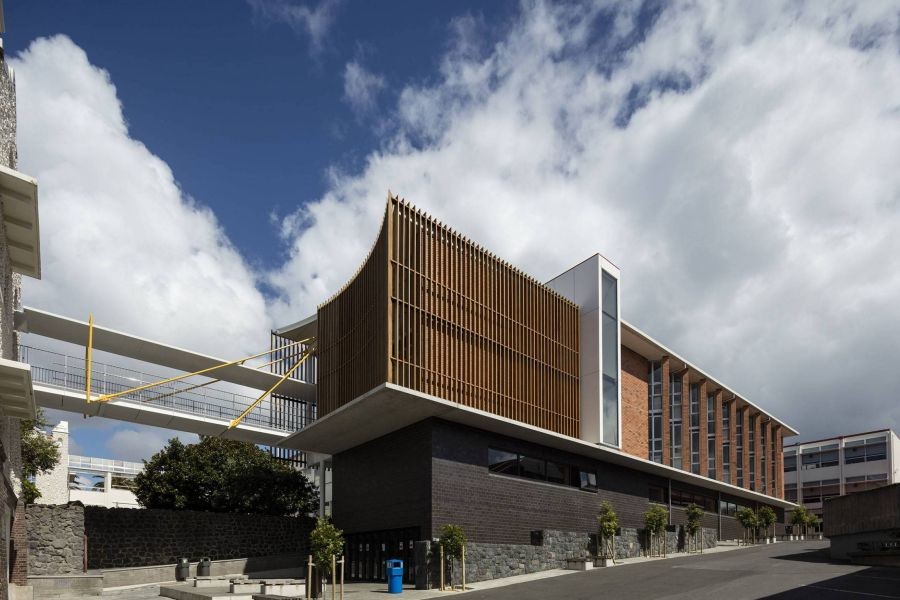



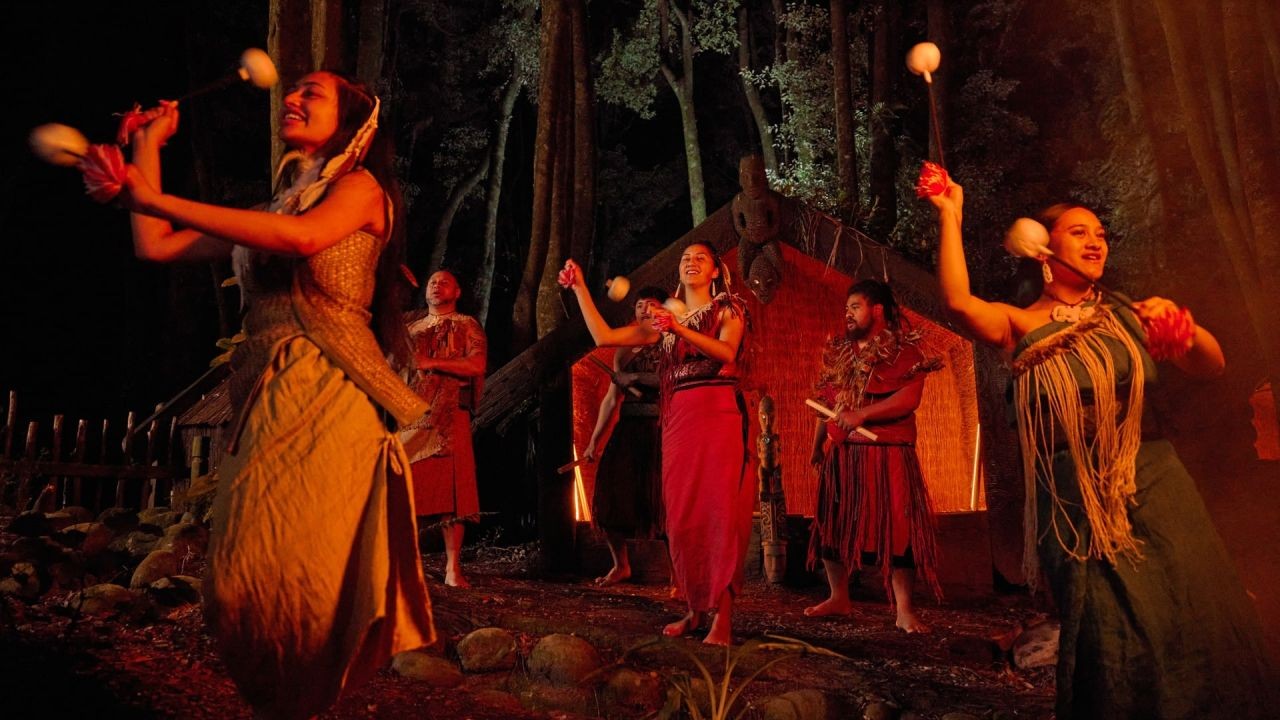







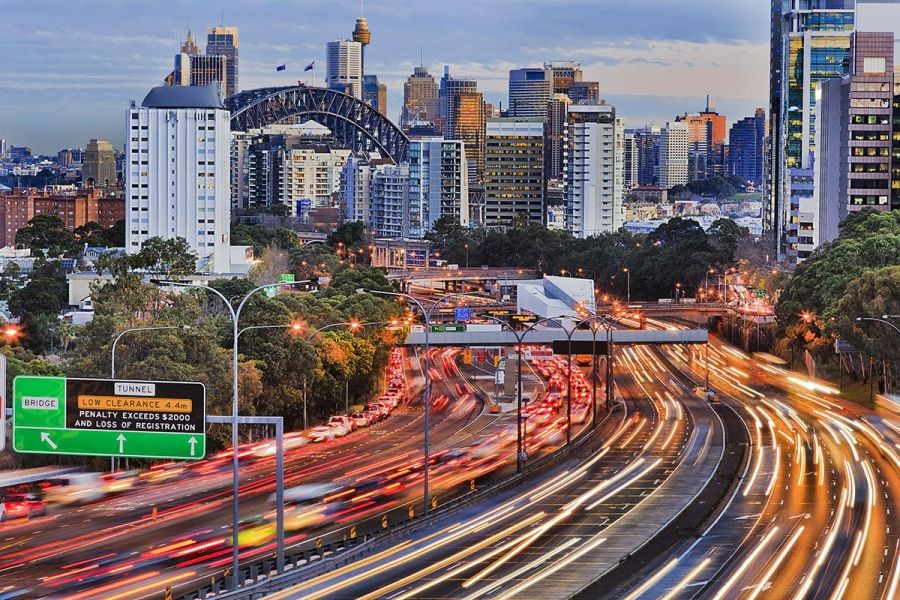








classic hog roast catering
10 months ago